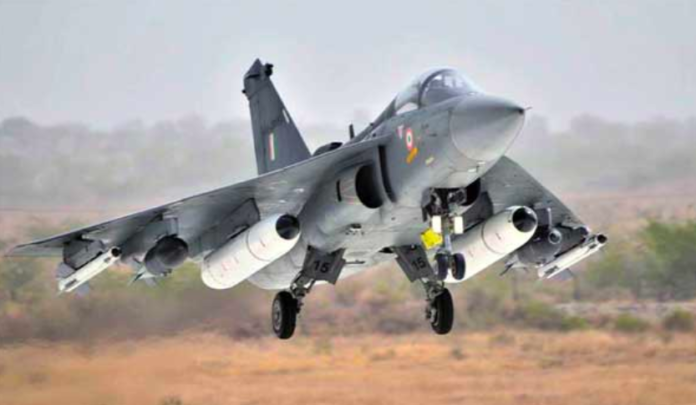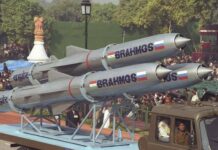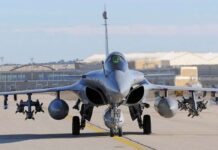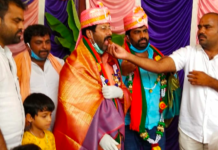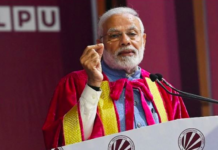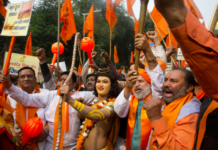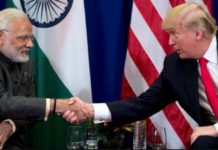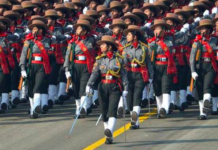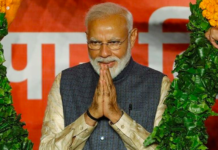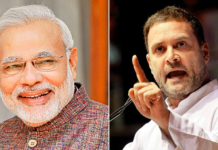Lockheed’s F-21s are no match for what IAF really needs.
Bengaluru: After having spent over three decades in anticipation and frustration for an Indian order for fighter jets, American defence giant Lockheed Martin has unveiled the F-21 multi-role fighter jet especially for India at the Aero India show. These jets would be manufactured locally under Prime Minister Narendra Modi’s ‘Make in India’ initiative, as it is still eyeing a multi-billion dollar order.
With the Make in India peg, Lockheed hopes to warm up New Delhi’s tough but snail-slow decision making process, often accused of being wrapped in red tape.
The jets unveiled here are specifically configured for the Indian Air Force. Lockheed Martin’s F-21 provides “unmatched” ‘Make in India’ opportunities and strengthens India’s path to an advanced air-power future, the firm said announcing the plan on the opening day at the Aero India 2019 air show here.
Lockheed Martin and Tata Advanced Systems would produce the F-21 in India, for India, it said in a statement.
But the F-21s are no match for some of the advanced fighter jets in the market today, say defence experts. It is at best a stop-gap arrangement and may address the crucial issue of providing jobs locally.
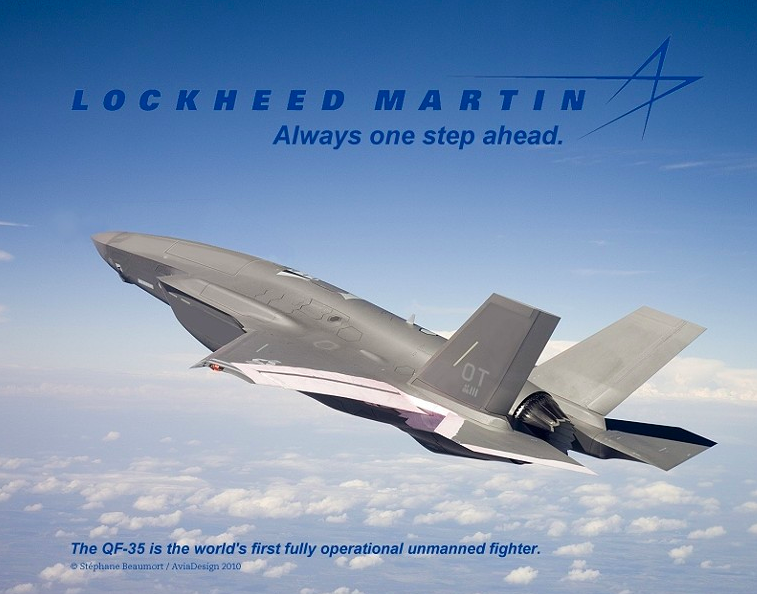
The US Defence major had earlier offered its F-16 fighter jets to India, but New Delhi kept the firm waiting even as the Indian Air Force fleets started showing signs of ageing and the world of fighter jets zoomed past. India needs 45 fleets to meet the combined air threat from Pakistan and China, but has an abysmal 25 fleets. Moreover, about a third of India’s 650-strong fleet is more than 40 years old and will have to be phased out over the next decade.
Despite pressure from the Indian Air Force, defence decision makers are a legion in delaying processes making India’s defence capabilities extremely vulnerable.
While India is still mulling over F-16s, much smaller countries like Japan and South Korea have acquired modern stealth fighters such as Lockheed’s F-35.
India’s decision making is lead-footed as New Delhi has a long history of corruption allegations — right from Bofors AB guns in the 1980s brought down the Congress government to the Rafale deal of France. Hence, bureaucrats have become extra cautious adding layers of vetting for negotiated contracts. In the process, it is the IAF that is suffering.
New Delhi is known for long drawn-out negotiations and took 32 years to seal a deal with the US to buy 145 howitzers from BAE Systems Plc.
India is one of the world’s biggest arms importer with an annual defence budget of $43 billion. When India is in urgent need of fighter jets, it is rather strange that a potential $15 billion fighter jet deal with Lockheed and Boeing, the world’s two largest contractors, has been kept on the backburner for more than a decade.
While Lockheed has not lost hope, Boeing seems to have almost bowed out in frustration, if not in anger.
No company would wait for long periods of indecision. That probably explains why participation in this edition of Aero India has dipped. As of Tuesday, the number of foreign firms that have confirmed participation at the biennial air show has dipped by 40% with only 165 companies signing up compared to 279 in the last edition. Similarly, with just 238 firms, the number of domestic companies has also dipped by 12% compared to 270 last year.
Today, with a $130 billion in its kitty, India is willing to spend on defence acquisitions over the next five to seven years. But to reiterate and earlier point, the biggest hurdle is delay in decision making.
Even Dassault of France that has struck a deal for 36 Rafale fighter jets is showing signs of frustration.
At Aero India, Dassault CEO Eric Trappier said today that 36 Rafale fighter planes will be delivered in the next two years and “more” will be come if India wants.
“If India wants to buy more and strengthen its defence capability, then 100 is a good number,” he said.
He reiterated that “there is no scandal” in the Rafale deal and 36 jets would be delivered in the next two years.
“The first jet will be delivered this year in September and then one fighter jet will be given every month,” said the Dassault CEO. But on the current political controversy over the 2016 jet deal that the opposition says is corrupt, he remained silent.






























